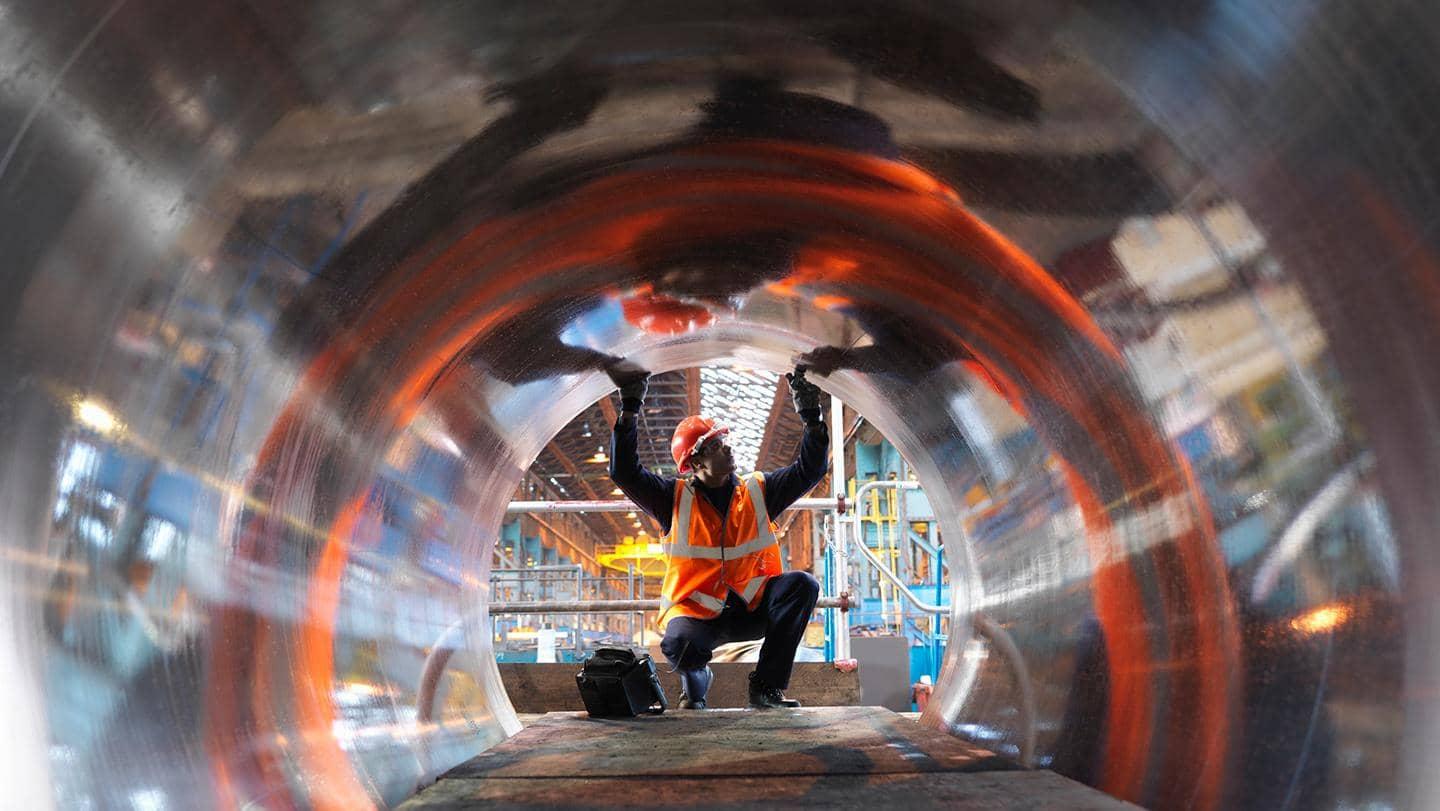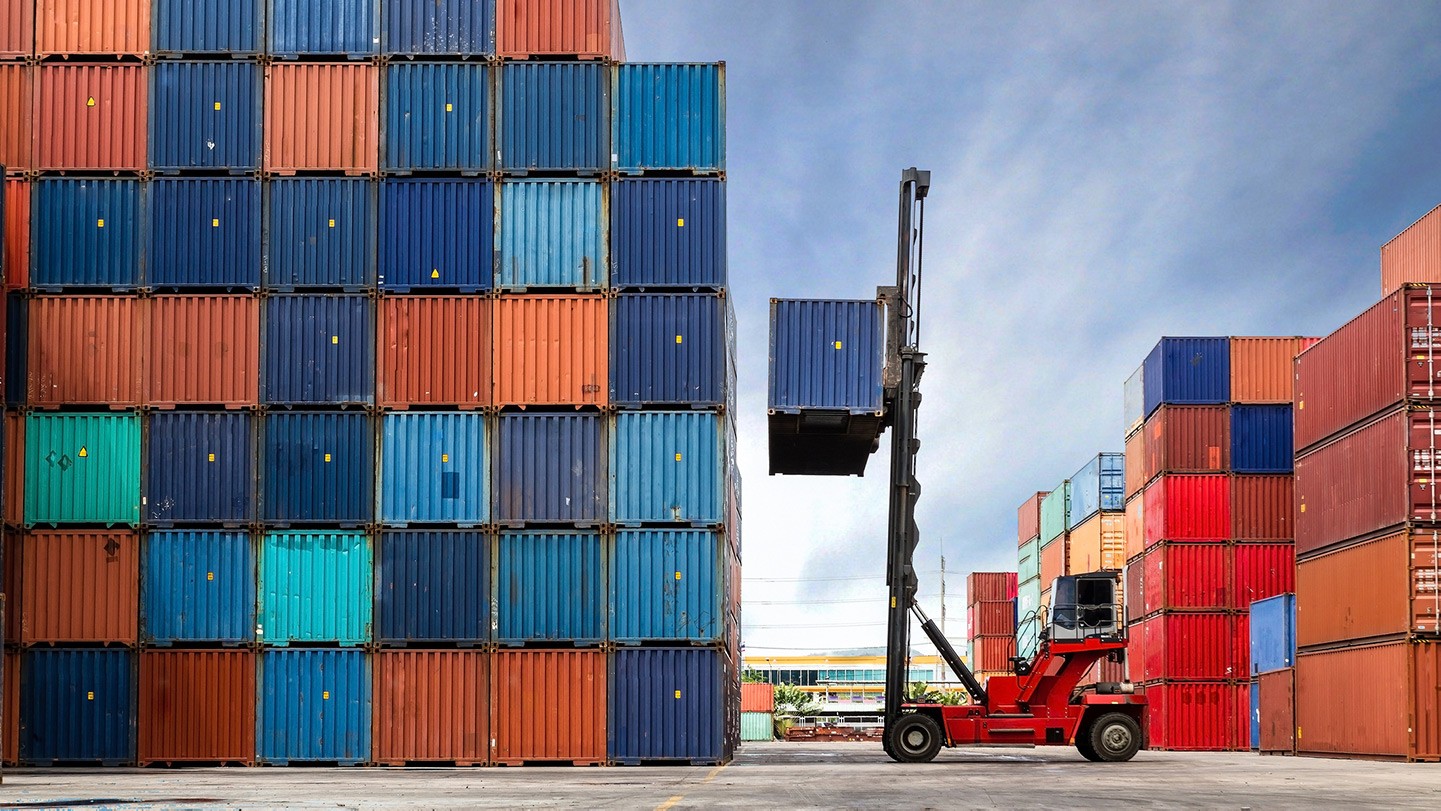“It goes without saying that the biggest impact on manufacturing has been the ‘stay at home’ messaging,” says Andrew Lawrence, Head of SME for the North East, Cumbria and North Lancashire.
Many businesses in the sector are facing the financial impact of having to “shut down shop” since lockdown began, he explains. The second challenge, following the UK government’s announcement on 10 May encouraging manufacturers back to work, is “how do they operate their business while maintaining social distancing?”. Thirdly, he says, “cash is key and businesses that don’t have the ability to be able to absorb the working capital impact of coronavirus in the short term may well struggle to survive”.
The pandemic has understandably affected businesses within the sector in different ways, says Lee Collinson, National Head of Manufacturing, Transport and Logistics at Barclays Corporate Banking. “For example, manufacturing businesses which are part of aerospace and automotive supply chains have found life tough as demand has significantly reduced, whereas some businesses in the food sector have been working flat out to meet the demands of the supermarkets.
“Those businesses which also had a heavy reliance on supply chains from the Far East were the first to be significantly impacted, but it has been encouraging over recent weeks to see the markets, particularly in China, open up again. Inevitably, businesses are using their experiences during the crisis to reassess their business resilience plans, particularly in relation to both the geographical spread and complexity of their supply chains.”
The future of manufacturing in the ‘new normal’
Considering the long-term impact of the pandemic, Collinson says: “Notwithstanding the coronavirus pandemic, sustainability and the idea of clean growth will continue to be an important factor for the industry, alongside the digitalisation of manufacturing.”
Lawrence adds that the sector may see changes to its factory layouts to enable social distancing, encouraging accountancy teams, procurement teams and management teams to work remotely more often – and a mix in the supply chain. Many businesses, he says, will reconsider “whether they want to take on global exposure in the same way that they have” and the supply chain “might be more diversified, and some of it may be more UK-based and local”.
“The future of manufacturing is Industry 4.0, and that's advanced manufacturing,” says Lawrence, who is based in Northumberland. “Here in the north east, we have one of the UK's leading sites of advanced manufacturing, which has actually been changed into an NHS Nightingale Hospital for the period of the pandemic.
“We are fully committed to supporting robotics and 3D printing and all the aspects of advanced manufacturing as we move forward, not just through coronavirus but absolutely through business as usual, to help business become more efficient and effective, employ more people, grow and help the UK out of the situation that it's in.”
How Barclays has been backing manufacturing, transport and logistics
In the meantime, manufacturing output has been impacted considerably by the coronavirus pandemic, says Collinson.
“The manufacturing, transport and logistics sectors remain an absolutely crucial part of the UK economy, but have been significantly impacted by the current unprecedented pandemic,” he explains. “Prior to coronavirus, the UK manufacturing sector grew at its fastest rate in 10 months in February 2020, according to the Purchasing Managers’ Index (PMI) reading.”
However, he says, since then the PMI data has seen dramatic falls, dropping to a record low of 32.6 in April before rebounding to 40.7 in May. This reflects a serious contraction in the sector – which is further supported by many businesses expressing concerns over future order levels.
“It is therefore critical that Barclays uses its experienced, dedicated manufacturing, transport and logistics specialists across the UK to provide bespoke banking and financial and strategic expertise to clients across the sectors to enable their businesses to weather this unprecedented storm in the best possible manner,” says Collinson.
Barclays’ offering of ongoing financing and business advice to many manufacturing, transport and logistics businesses during the coronavirus crisis has been vital to helping them survive. The bank’s package of support has included access to government-backed schemes, capital repayment holidays on both term loans and asset finance, as well as offering covenant amendments and waivers on committed loan facilities.
So far, the bank has facilitated a total of £18.2bn (as of 14 June) in funding to businesses through the Coronavirus Business Interruption Loan Scheme (CBILS), the Bounce Back Loan Scheme (BBLS), the Coronavirus Large Business Interruption Loan (CLBILS) and the Covid Corporate Financing Facility (CCFF).
“It's not just about lending money, it's also about offering clients capital repayment holidays,” says Lawrence. “That way they can hang onto more cash to use to pay wages or reset their factory to enable social distancing.”
Asked what the recovery of the sectors might look like, Lawrence says businesses will play a crucial role in the future UK economy. “Coronavirus doesn't for a second change the UK's position internationally as a world leader in manufacturing. It's certainly evident that a recession is going to happen, but I think what we will see is the UK economy’s resurgence absolutely driven off the backbone of the UK, which is manufacturing.”


